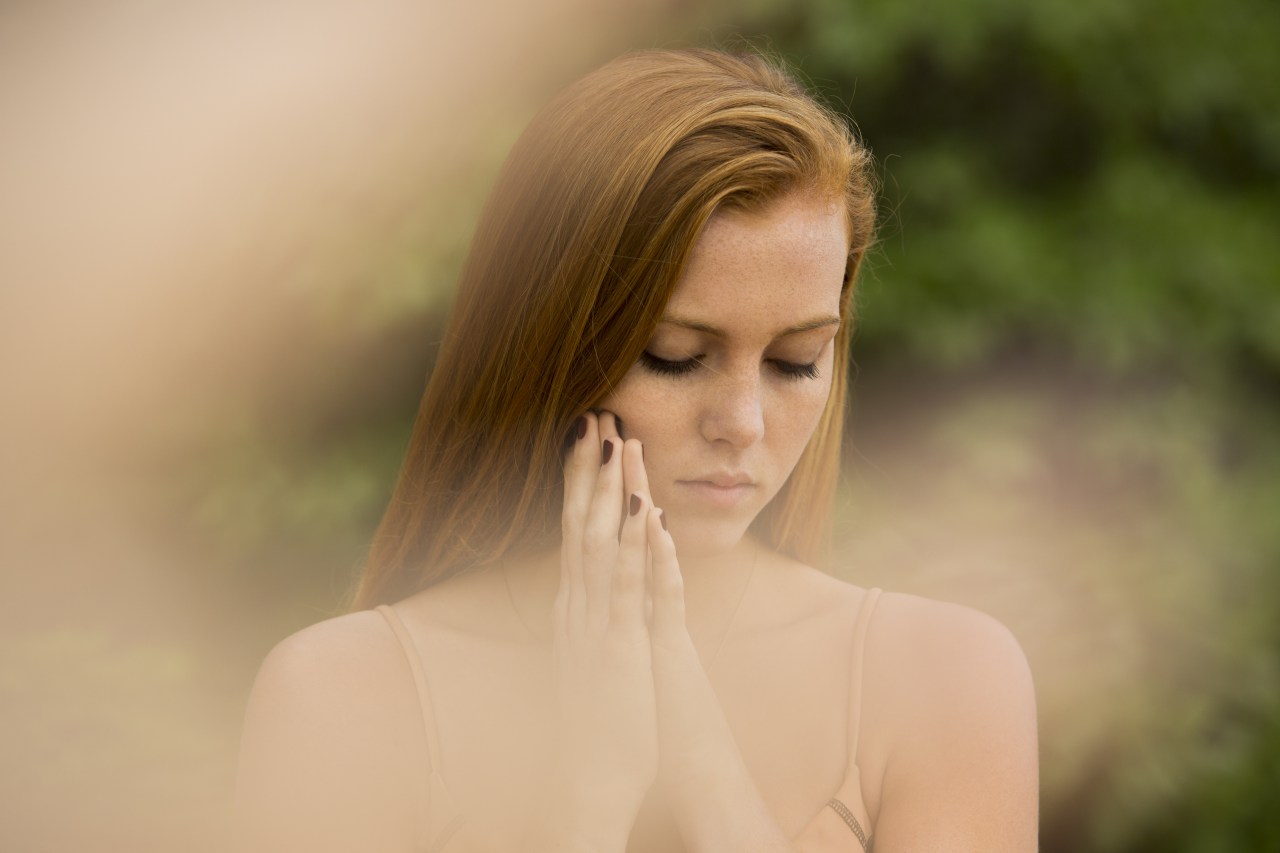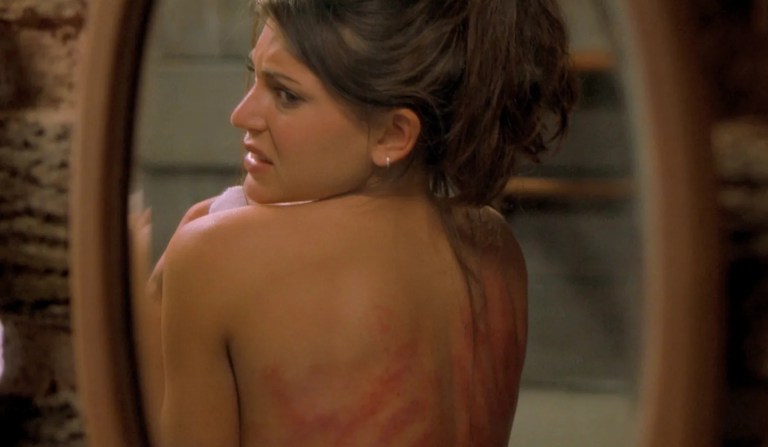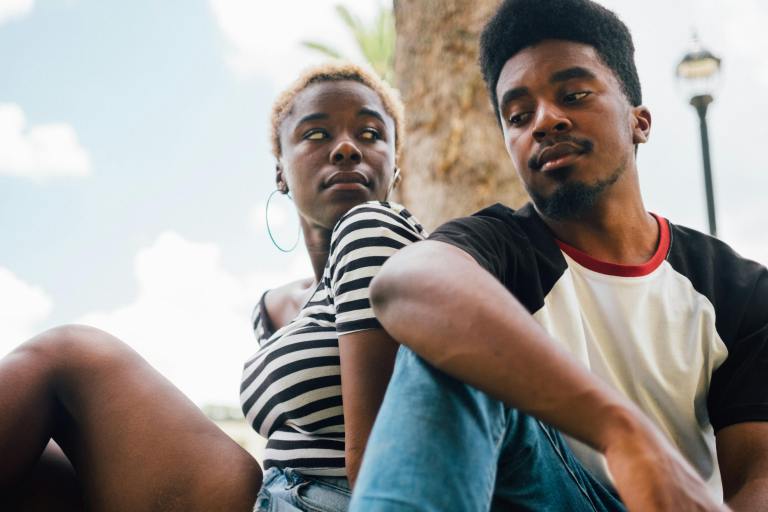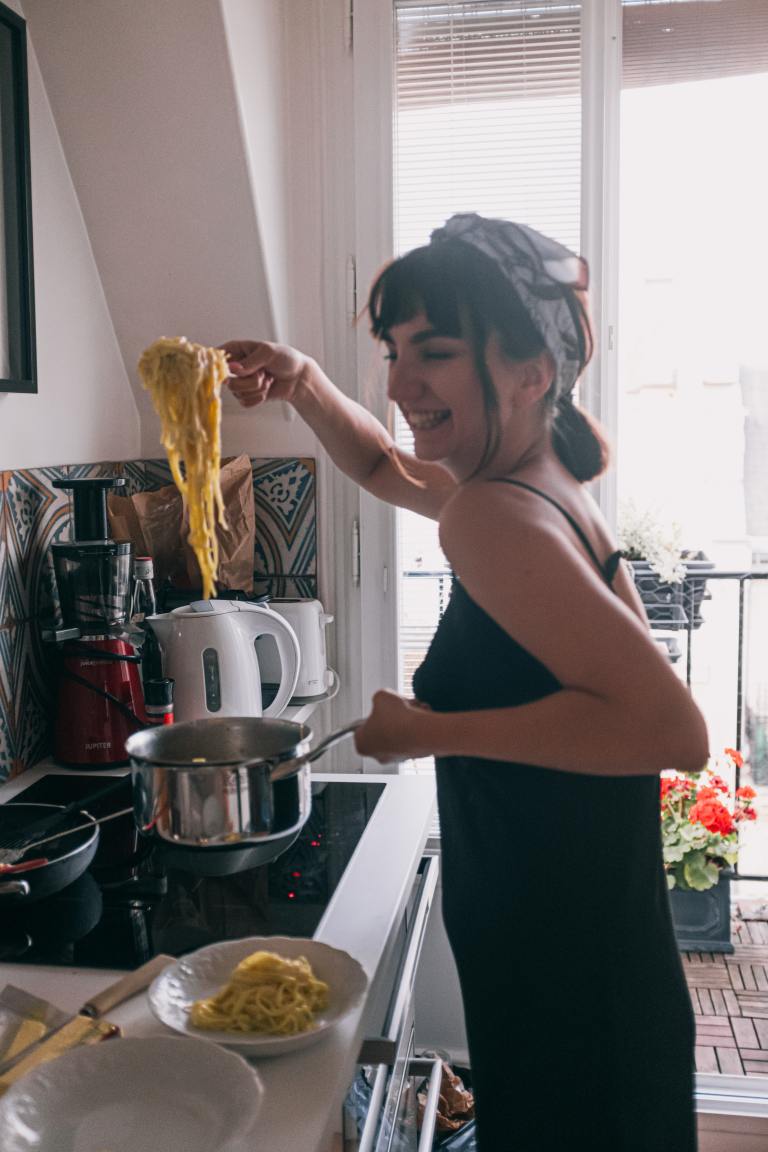
In This Time Of Darkness, Please Care More
In the United States, the coronavirus is spreading like wildfire, with no end in sight. And it’s dauntingly too late to take many of the lifesaving measures that could have effectively contained this pandemic, including tracing each case of the virus and isolating those infected. Though South Korea and the United States both reported their first coronavirus case within the same week, South Korea has had much greater success in containing the spread of the virus. Unlike the United States, South Korea carefully tested suspected coronavirus cases, and then traced and isolated as many infected patients (and those they came in contact with) as possible. The U.S. was regrettably six weeks late in bracing for this virus. We were six weeks late in building and distributing ventilators, preparing protective equipment and tests, and warning society of what was to come (in order to help reduce or minimize the coming economic distress).
Though we came into this battle unprepared, it’s not too late to alter the course of the virus. We are still left with one primary weapon: social distancing, or self-isolating. To make a dent in the damage and destruction that could be inflicted by this frightening epidemic, we must prioritize reducing the burden that our health-care system will face by “flattening the curve.” Essentially, to avoid overburdening hospitals we must spread out infections over time so that we don’t experience a dramatic and overbearing peak in the illness all at once. The theory is that If fewer people are critically ill at the same time, vital resources will be more accessible and available, and health care professionals will hopefully be less burnt out. Our goal is to avoid replicating what was seen in Italy, where hospital beds were full, ventilators were scarce, and nearly 10% of those with COVID-19 died.
But the very real problem is that people are not following the “rules.” People are not social distancing appropriately. No matter how many upsetting stories people watch on the news, and no matter how many statistics or critical warnings medical researchers share with the public, many Americans are still not taking this pandemic seriously. Despite metro officials’ pleads for people to avoid the Cherry Blossoms in D.C., people still showed up in overwhelming crowds. Spring breakers in Florida and Australia still gathered on crowded beaches and partied with their friends, as if there was no large scale pandemic taking over the world.
All over the United States, people continue to take walks with groups of friends, and to invite one or two close friends over for dinner or to watch a tv show. Reminder: this is not social distancing. Experts are not entirely surprised that some individuals are resisting quarantining. With mixed government messaging, combined with the fact that no one in today’s day in age has ever experienced such a severe pandemic it’s not shocking that we are continuing to see this level of ignorance and/or confusion. This may also be a reflection of how people find risk assessment to be particularly challenging, especially when assessing risk and harm to others. And while we commonly discuss our own individual health with medical professionals, we rarely discuss the health of other people, which may be another reason why we can’t entirely fathom the severity of a disaster that spreads outside of us individually.
Still, it’s hard to fathom the insensitivity and selfishness displayed by those not following proper social distancing measures, when many people’s lives are at risk.
If you are young and able-bodied, based on the patterns of the virus we have seen in other countries, then yes, it is highly unlikely (though not certain) that you will become critically ill. The odds are in your favor that you will survive this pandemic and that this virus will not detrimentally impact you. But this is not and should not be a free pass to not care. You are living in an ominous world full of human suffering right now. Many people have had their lives disrupted. Many people have experienced devastating grief and loss. And It is deeply disheartening that some people seem to be unphased by the grave danger and anxiety surrounding them in the world. This innocence and ignorance are where the problem begins.
We need more sensitivity. We need more people to care about one another. Because if we don’t take precautionary measures to protect one another, there’s no doubt that this virus will become much worse.
For those who choose not to take social distancing seriously, I have a message for you. Though you are young and healthy, and most likely “safe,” this pandemic does and should impact you. If you are lucky, your family will stay safe. Your loved ones will stay safe. You will not be surrounded by loss or grief. But even if you are “lucky,” the hardships of the rest of the world should affect you. They should bring you sadness and some grief. They should be reason enough to convince you to follow the “rules.”
You see, even if you do make it through this pandemic, healthy and well, many people will not. Many people will face terrible battles in hospitals, fighting for their lives. Families will be hurt beyond words when they face the grief of losing a loved one, and of not even being able to be in the room when their loved one passes. Nurses and doctors will face great pain when they see their patients suffering and even dying, no matter what they do to help them. Medical professionals will experience emotional and physical exhaustion from working extreme hours under such intense pressure and in very unsafe situations. Children will experience the trauma of losing loved ones, along with the anxiety of losing their daily routines, leaving school and their friends, and even losing access to food and clean water. People with mental illnesses will experience turmoil in the face of social isolation, with their symptoms of depression and OCD flaring up amidst this time of anxiety. People with medical conditions that make them vulnerable to the severity of the virus may live in constant fear in these upcoming months, hoping and praying that they do not cross paths with this very contagious disease
And how does this impact you? Or how should this impact you?
Though you may not realize it yet, none of us are immune to the pain that this virus will cause. None of us are immune to the trauma it will inflict, or to the darkness it will envelop us in. We are all interconnected, we are all part of a delicate balance. Our individual actions will affect the safety of many of those vulnerable. Each of our choices will determine whether we beat this virus, or whether we fail. We must keep in mind that we are responsible for the lives of each other, and we need to act accordingly. We need our actions to reflect empathy and compassion. Ultimately, we need to care more.
I’m not entirely sure of when it became socially (or morally) acceptable to diminish the suffering of the elderly or of those with medical conditions. When did the lives of these individuals become any less valuable or meaningful than the lives of anyone else? Somehow, the susceptibility of these individuals to the coronavirus has been overwhelmingly minimized, as if it is “okay” if only certain groups of people are at risk. Somehow these vulnerable populations have almost been viewed by others as a safety net, as a way of reassuring themselves that “this won’t happen to me.” Because young and healthy people are at a lower risk of experiencing complications, these low-risk individuals seem to feel as though it is acceptable that “only” those who are older or those who have medical conditions are at grave risk. But this is unacceptable. Any suffering is suffering. And any loss is a heartbreaking loss. This view that it is somehow okay for older people to be vulnerable to the most frightening symptoms of this disease is misguided. No human life is expendable. And no loss goes ungrieved. Our hearts should go out to these individuals who are in this more vulnerable state. We should be doing all that we possibly can to protect and support them. Because if reversed, these individuals would absolutely go out of their way to protect younger people.
Health workers, our heroes right now, will also continue to suffer greatly. Doctors and nurses are in over their heads taking care of sick patients right now, some even reporting working 80 hour weeks to meet the aggressive demands of this pandemic. And in caring for patients with the virus, doctors are putting their own lives and health at risk. Because the health care system did not prepare appropriately for this pandemic doctors are now being forced to ration their protective gear, such as gloves, masks, and gowns, which makes them vulnerable to contracting COVID-19. On top of this, doctors must face the grim reality of not having an adequate amount of ventilators or other life-saving equipment. In Italy, doctors have had to make the heartbreaking decision of which patients to put on ventilators, which would clearly be accompanied by severe distress and grief.
And if we aren’t careful, if we don’t take extreme measures and follow social distancing “rules,” doctors and nurses acknowledge that this will only get worse. As Dr. Vicki Jackson, of Mass General, said “We are standing on the edge of the ocean in the dark. We’re waiting for the wave to hit and we have no idea how high the wave is going to be.” Thus, it is not surprising that healthcare workers are taking a toll on their mental health. A study of 1,257 health care workers in China, working with COVID-19 patients found that 50% of those surveyed reported feeling symptoms of depression, while 45% reported symptoms of anxiety, and 34% reported symptoms of insomnia. On top of this, 71.% of these healthcare workers reported symptoms of psychological distress. Thus, to protect our healthcare workers, and to support them in treating the critically ill, we need to do everything in our power to stop the aggressive spread of COVID-19.
One miraculous silver lining of this virus is that the infection rate in children is very low. While this is reassuring to parents, we must realize that this does not shield young children from the pain and devastation that this virus will bring about. We have this tendency to believe that children bounce back from disasters such as this more quickly than adults. Because of the elasticity of their brains, we fall privy to the belief that they recover more easily or that they are more resilient. But children actually internalize trauma much more than we realize, and probably experience the same emotions of anxiety or panic that adults do, they simply might hide it better.
In disasters such as this, children who may be used to seeing multiple relatives or jumping between households may experience “profound separation” and isolation as a result of being separated from intergenerational relatives and other important figures in their lives. Children may also experience anxiety as a byproduct of staying home from school, as leaving school means abandoning their primary social lives as well as their daily, reliable routines. Unfortunately, for children who depend on school as their main source of food security, physical activity, and even clean drinking water, the coronavirus’s economic burden will be particularly detrimental. And on top of all of this, children across the U.S. and world will experience profound grief at too young of an age, when they unexpectedly lose a loved one to the coronavirus. A loss such as this may cause long term damage to a child’s emotional wellbeing. So while children are generally “safe” from the physical manifestations of COVID-19, they are by no means immune to the emotional damage it has the ability to cause.
So even if you are young and healthy, even if you will be “okay,” you must acknowledge that others will not be. Others will have their lives changed. Others will experience suffering. And just by being human, you have a role in reducing the amount of pain the world experiences in the upcoming months. You have a role in minimizing the damage inflicted by the virus. You have to do everything in your power to keep others safe.
What can you do?
Live like you have COVID-19. Live like you could spread it to anyone you come in contact with. Follow the “rules.” Stay in isolation. Practice social distancing. Go out of your way to walk off of the path in order to keep 6 feet between you and another dog walker. Avoid visiting your grandparents right now. Avoid standing too close to someone else in line at the grocery store. Wash your hands with soap and water for 20 seconds, no matter how long 20 seconds may feel. Avoid visiting your neighbor even if they too have been practicing social distancing, because it’s these little, seemingly innocent encounters that make this disease spread so aggressively.
It’s easy to feel helpless in the face of something so overwhelming, especially when it feels like it is not in our control. But know that you are not alone in this. Know that by staying home, by staying in and avoiding contact, you are a crucial part of healing the world. You are part of the hope that this world so badly needs.
The only way that we will come out on top of this, and save as many precious lives as we possibly can, is if we care for each other. The only way we will come out of this as something resembling a whole is if we value every single life equally. The only way we win is if we treat every single person as if they are our family. Because everyone is someone’s mother, or grandfather, or son. Everyone is someone’s brother or father or daughter. Everyone is someone to someone.
So please, know that you can make a difference in this pandemic. Know that you are a crucial part of the healing force against this illness.
Know that your actions create hope.
Stay home.
Be careful.
And above all, take care of eachother.











